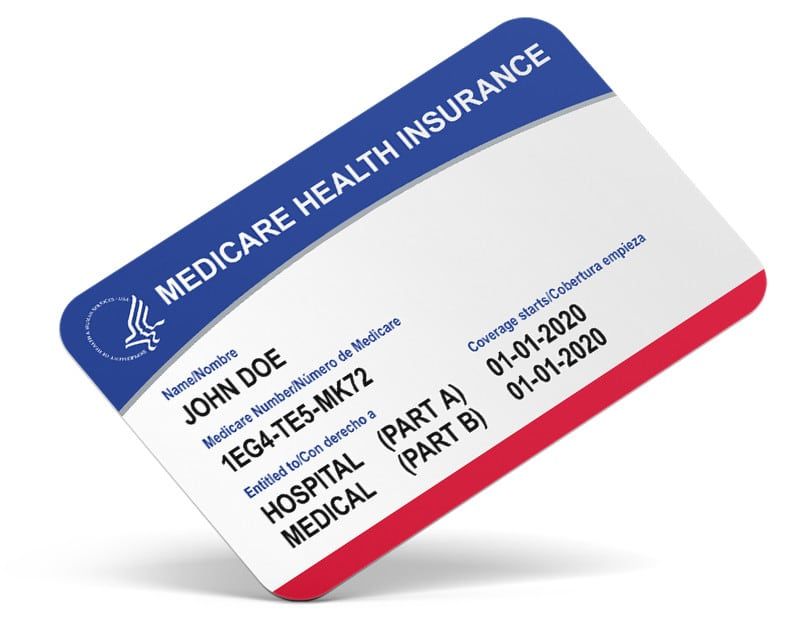Medicare Supplemental Plans (Medigap)
WHAT IS MEDIGAP?
If you're worried about Medicare costs, a Medigap(supplemental) health insurance plan is a way to “fill in the gaps”. A Medigap/Supplement plan assists with the charges that Original Medicare (A&B) leave the beneficiary with. This includes payment of co-pays, deductibles, hospital costs, medical equipment etc…
A Medicare Supplement Plan is only available if you already enrolled in Original Medicare (A&B). Medigap insurance covers Medicare Part A (hospital insurance) and Part B (medical insurance), but not Medicare Part D (prescription drug plans).
If you decide to enroll in a supplemental/medigap plan, you will need to enroll in a Part D Drug plan as well.
Our agents have hundreds of supplemental clients and specialize in assisting those clients with cost analysis to offer the highest coverage at the lowest cost.
What Are the Benefits of Medicare Supplement Plans?
- Coverage of most out-of-pocket costs not covered under Medicare Part A and Part B, with the amount of coverage depending on the plan selected.
- Coverage of coinsurance or copayments for Medicare Part B.
- Coverage of Medicare Part A coinsurance costs for another 356 days after your Medicare benefits run out.
- Coverage of Part A coinsurance or copayments for hospice care.
- Portable coverage that allows you to take your Medigap plan anywhere in the United States.
- You can go to any doctor who accepts Medicare patients.
- You do not need a referral to see a specialist.
- You will have guaranteed coverage for life as long as you pay your premiums.
Need help signing up for Medicare?
What Does Medicare Supplemental Plans Cover?

Costs of Medicare Supplemental Plans
While the coverage in Medicare Supplement insurance plans is standardized, the costs are not. Different insurers may charge different premiums for the same lettered plan.
Insurers may set their premiums in three different ways, resulting in different prices for monthly premiums.
Community No-Age-Rated
Plans have the same monthly premiums, regardless of you your age.
Issue-Age-Rated
Plans that base monthly premiums on your age when you first enroll, meaning the younger you are when you enroll, the cheaper your premiums will be.
Attained-Age-Rated
Monthly premiums are based on your age when you first enrolled, but they go up as you get older.
